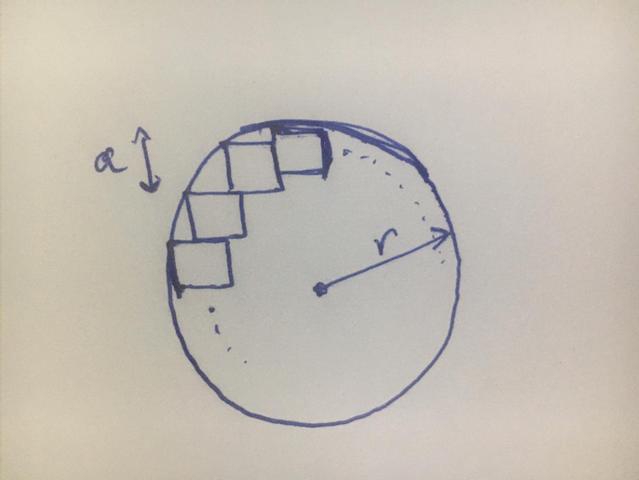I was going through multiple blogs on Djikstra recently, viz Graph Modelling, K path skip and Eppstein algorithm. I came across many interesting problems which were just not possible for me to solve without prior knowledge of these concepts. I am still struggling to do these problems (at a rate of 1 per day). Came across some ingenious yet elegant problems as well. I would love to know more on the type of patterns that Djikstra can solve and if you guys know any cool tricks or problems like the one above.
Thanks!











